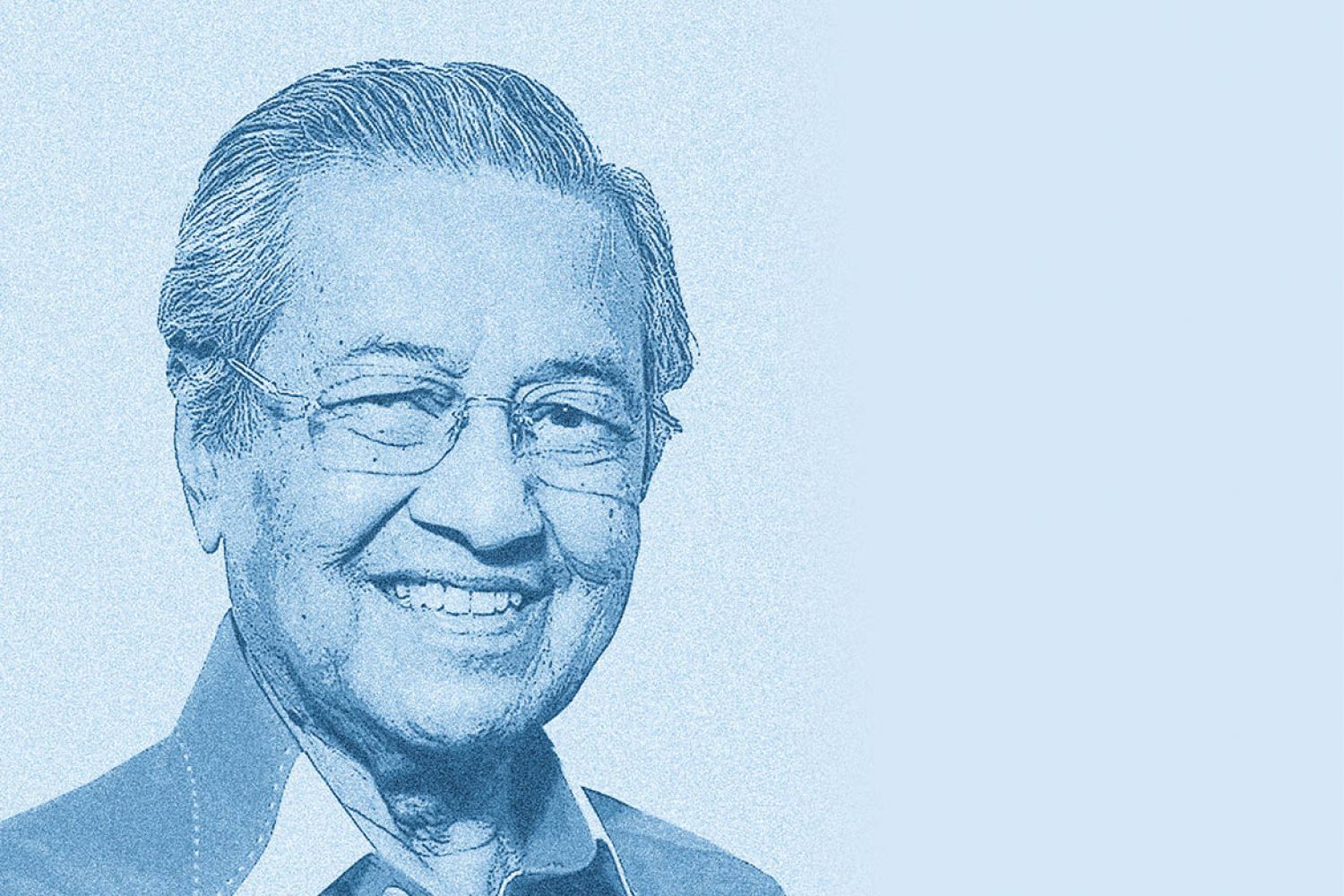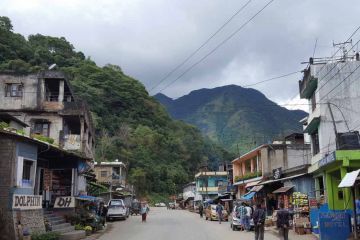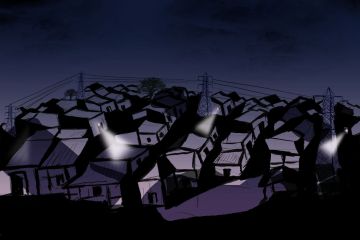
The fix is in. The people have been sold down the river.
It’s an open betrayal of the public’s faith. The thieves’ cabal is back and
everyone seems helpless to stop it. Even the ultimate constitutional protector
has taken sides. We’ve been shanked by the very people we threw out, with a
little help from the king. Given the public reaction to the events of the last three
weeks it’s a good bet that these and other similar thoughts are running through
the minds of many Malaysians who





